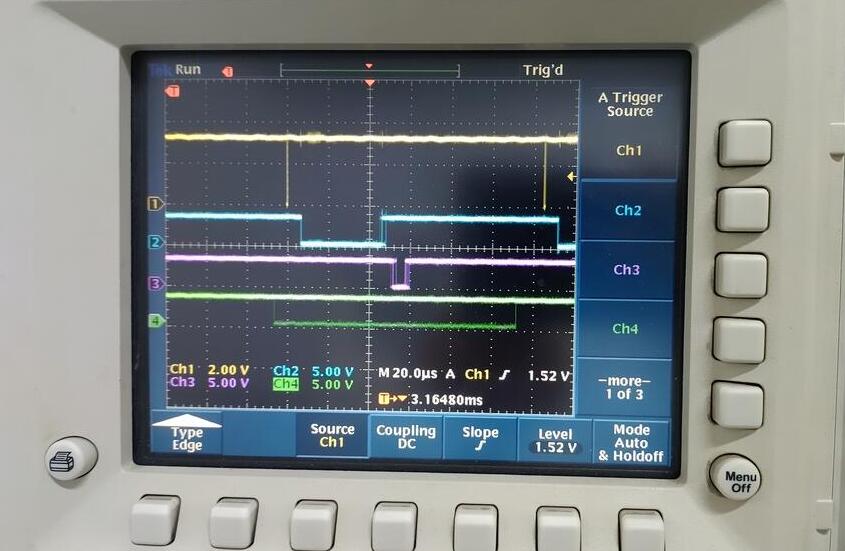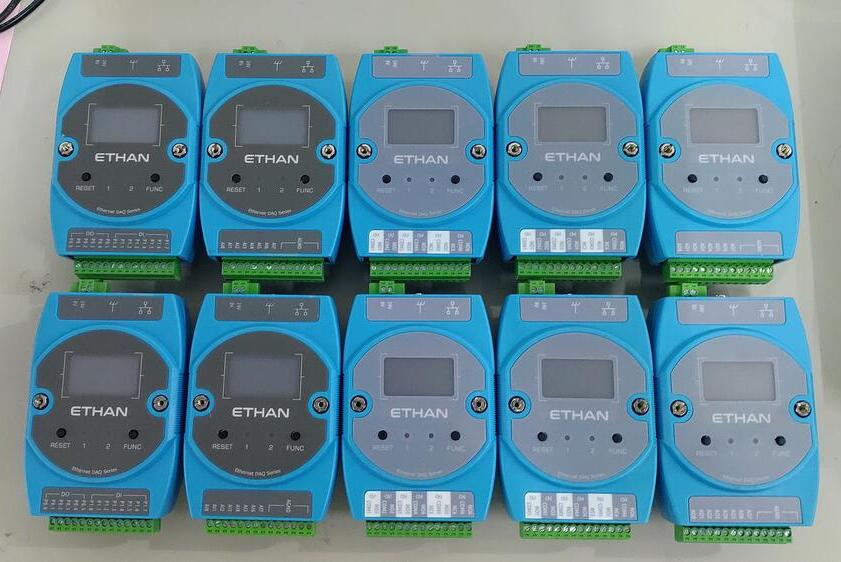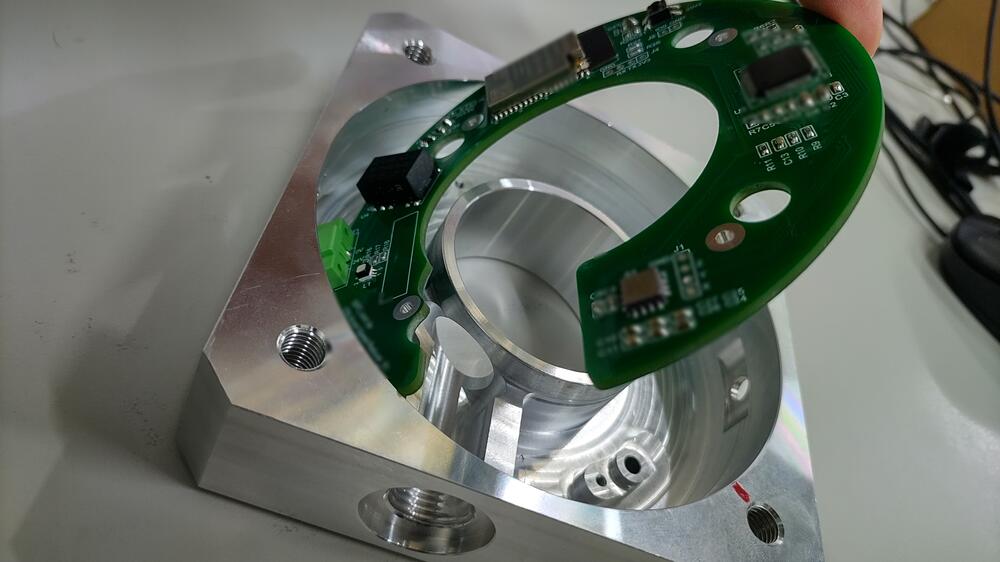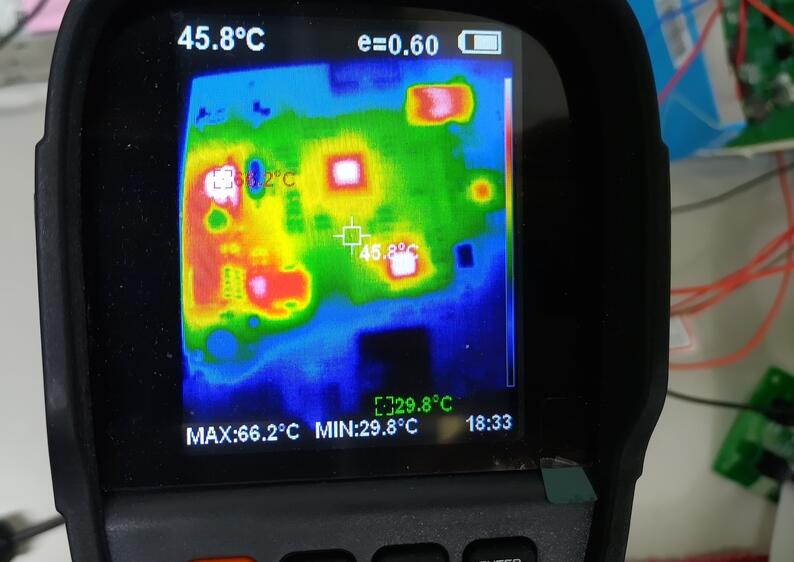What are real-time systems?
Real-time systems are specialized computing environments designed to process information and respond to stimuli within a specified timeframe. Unlike conventional computing paradigms, real-time systems prioritize meeting strict deadlines, ensuring that tasks are completed within predetermined time constraints.
My expertise lies in integrating a wide range of sensors and actuators into real-time operating systems (RTOS). In the context of the Industrial Internet of Things (IIoT), I have developed numerous general-purposed controllers and data acquisition devices (DAQs) that form the backbone of complex systems, including wafer etchers, flight simulators, and seismographs.
Beyond firmware development, I collaborated with electrical engineers to optimize board design and troubleshoot hardware-firmware coupled issues. My contributions also involve creating multiplatform software drivers for flexible system use.



